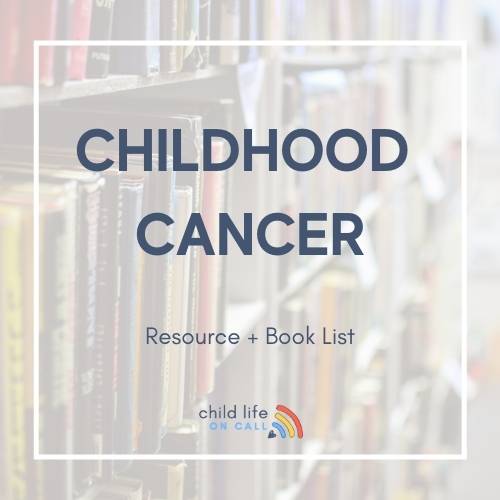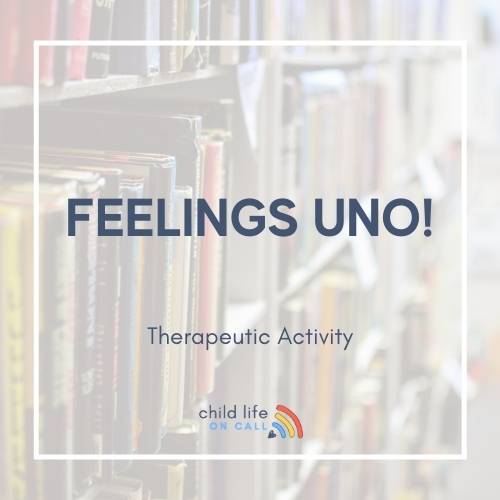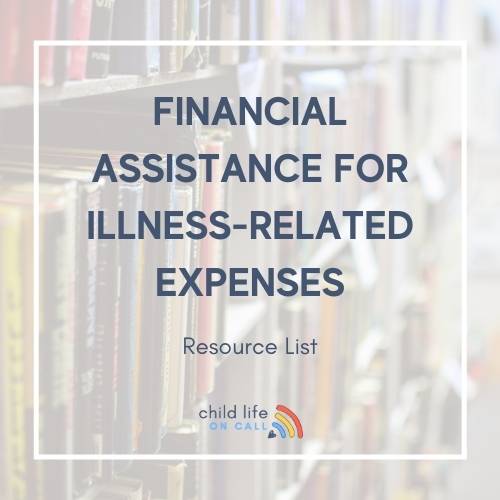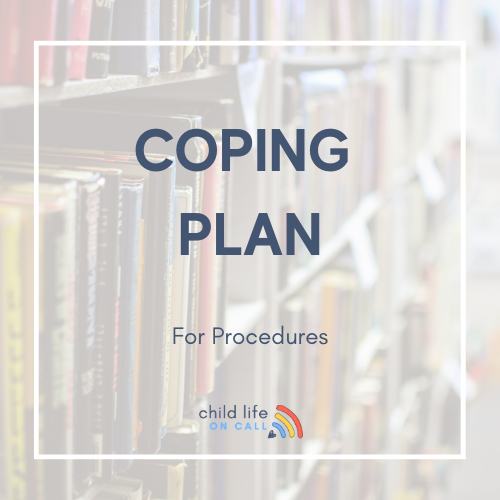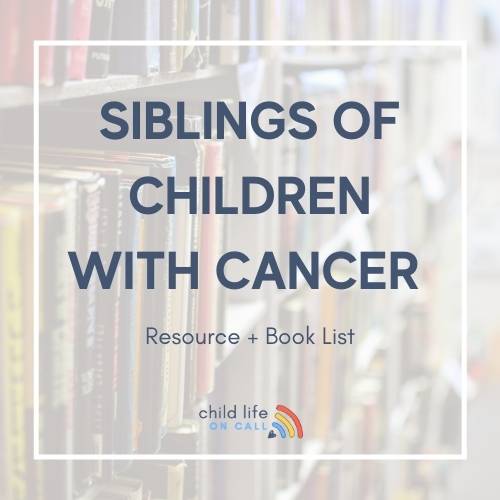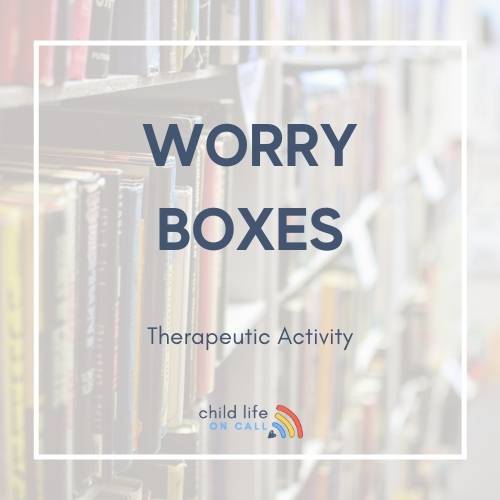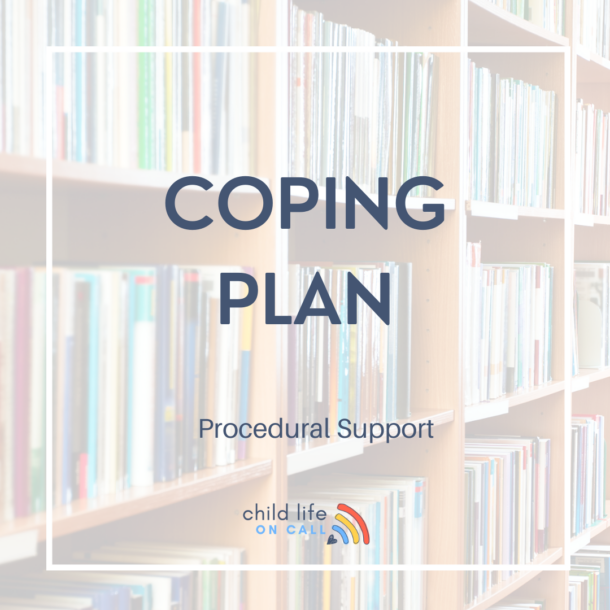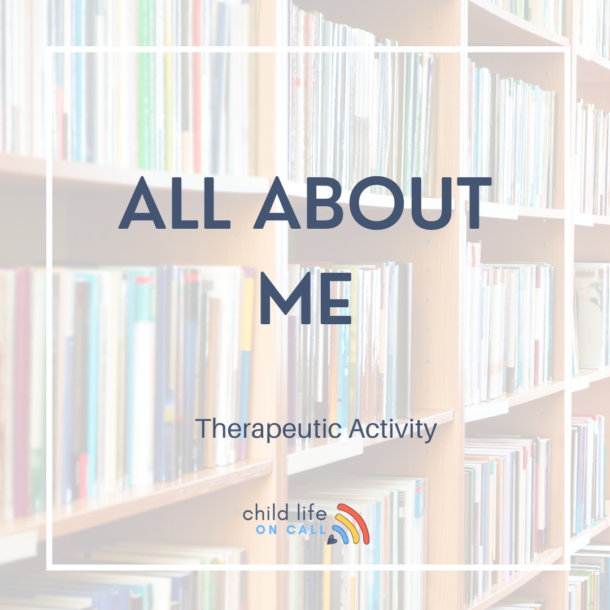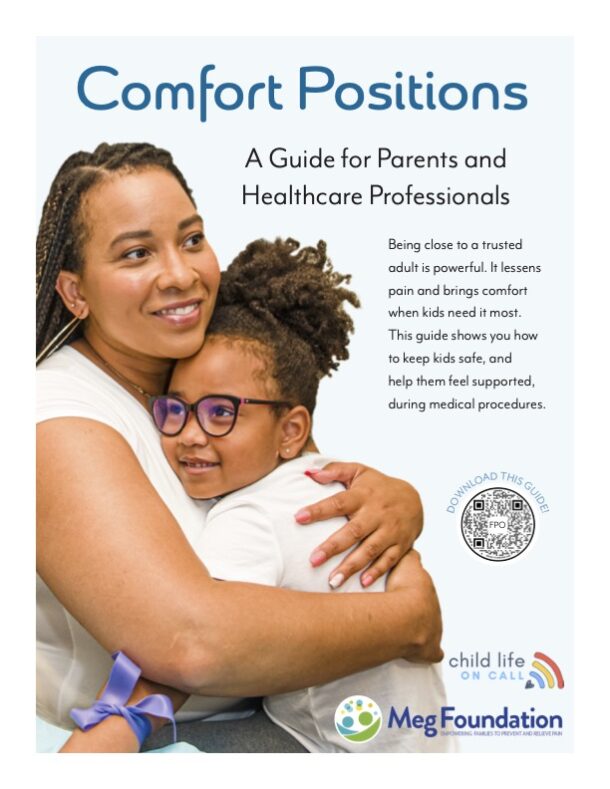The role of parents in healthcare advocacy cannot be overstated. Parents, as the primary caregivers of their children, hold unique insights and valuable knowledge about their child’s needs, making them critical players in advocating for effective healthcare. This understanding paves the way for a more personalized approach to healthcare, benefiting not just the child but also fostering a collaborative relationship with healthcare providers. By effectively voicing their concerns and preferences, parents can ensure that their child’s healthcare journey is navigated with their best interests at heart.
Here are the key steps:
- Elevating Child Healthcare with Parental Advocacy
- Child Life Specialists: Navigators in Healthcare Advocacy
- Tapping into Parental Insights for Personalized Care
- Decoding Medical Jargon: A Key to Advocacy
- Caregiver Well-being: The Emotional Side of Advocacy.
1. Elevating Child Healthcare with Parental Advocacy
The healthcare landscape can often feel like an intricate labyrinth. Even as professionals strive to uphold best practices, the system isn’t immune to cracks and shortcomings. Key insight comes in the form of the unique awareness parents harbor about their children’s needs. Evidently, Parental Advocacy is very much like holding a beacon within this labyrinth. It casts light on areas that may be overlooked or under-addressed by healthcare professionals due to the fog of factors that need consideration during diagnosis and treatment. Children aren’t miniature adults; they have distinctive needs.
Parents, who’ve been closely observing their children, can share these unique insights leading to more comprehensive care and better health outcomes. Reviewing my own experience, I recall instances where parental intervention completely changed the course of a situation for the better. Once, during an MRI procedure, the mother, trained by a child life specialist, proactively ensured that the necessary labs had been sent over before the procedure. By bridging the gap between the care team and her child’s unique needs, she prevented any delays, thereby streamlining the entire process.
However, such success stories do not happen by accident. They are the result of a concerted effort by Child Life specialists who work behind-the-scenes to help parents become effective advocates by breaking down complex medical jargon and guiding them through the hurdles of a healthcare system. The significance of this key takeaway goes much beyond the superficial layer of improving healthcare outcomes for children.
Parental advocacy undeniably influences these outcomes. However, it’s importance also lies in the reassurance it affords parents, the acknowledgment of their pivotal role in their child’s well-being. It fosters stronger familial bonds as parents can feel more involved and less helpless in their child’s healthcare journey. It creates a collaborative environment where parents are not just spectators but active contributors. Additionally, it bolsters trust between the healthcare provider and the family, paving the way for a smoother journey through the labyrinth that is modern healthcare.
2. Child Life Specialists: Navigators in Healthcare Advocacy
bAs we navigate the complex landscape of healthcare advocacy, one group stands out as crucial navigators-Child life specialists. Their unique role embodies guidance, education, and emotional support. They translate the often overwhelming medical information into digestible pieces, helping us understand treatments, procedures, and diagnosis. Their focus is not just for us to comprehend but to articulate our needs and preferences to the healthcare team.
There’s a potent beauty in this- through understanding, we find our voice, and through expression, we shape our child’s healthcare experience. From a personal standpoint, there’s a remarkable story that lingers in my mind. It’s about a mother who proactively ensured that necessary labs for her child’s MRI procedure were sent before it was due. A small step, yet with significant implications. It meant a smoother process, no delays, and above all, it was an act of constructive advocacy. This story is a testament to the effectiveness of child life specialists and stands as a reminder to us of the powerful authority we hold in shaping our child’s healthcare journey. This power, admittedly, might seem daunting.
But it’s a responsibility we bear for the well-being of our children. The advocacy we engage in isn’t just about the now; it’s an investment in their future. It’s about defining their healthcare, shaping their experiences, and above all, ensuring their needs are met with respect and understanding. It’s about transforming our unique insights into action. Embracing our role as advocates doesn’t just guarantee more personalized and effective treatment plans, it becomes a source of empowerment, deciphering the complex medical world one step at a time. However complex the journey, we are not alone. Child life specialists are there, guiding us, and combining their knowledge with our unique insights, we become the architects of our children’s healthcare journey.
3. Tapping into Parental Insights for Personalized Care
Understanding your child’s unique needs is an intrinsic part of parenthood. Parents naturally develop a nuanced understanding of their child that allows them to recognize changes in their behavior, mood, or physical wellness. This knowledge isn’t just about knowing when bedtime is or what their favorite toy is, it’s about understanding their comfort levels, small signs of distress, and the little things that bring them ease and happiness. By tapping into this parental instinct, healthcare providers can create a more personalized care experience for the child. The key takeaway here is the recognition of parents’ unique expertise about their own children and the value that that expertise brings to the caregiving process.
As a professional in the field, I’ve seen first-hand how critical parental insights are in providing children with the best possible care. I once watched a mother accurately interpret her non-verbal child’s slight changes in behavior, enabling the medical team to adapt their approach and significantly improve the child’s comfort during a challenging procedure. Moreover, parents are often able to offer valuable input when determining care plans, suggesting mitigation strategies for routine procedures that might cause discomfort, or recommending engagement tactics based on what they know their child enjoys.
These contributions, when combined with the medical expertise of healthcare providers, make for a comprehensive, personalized, and effective healthcare strategy. The importance of parental insights in healthcare isn’t just about the direct impact on the child’s care process; it’s about building a more holistic, patient-centered approach to healthcare.
When parents, as essential caregivers, are actively involved in their child’s care, they can help to bridge the gap between home and hospital, ensuring continuity of care and a more positive healthcare experience. Recognizing and capitalizing on the unique role of parents helps to create a more inclusive, collaborative healthcare environment. This approach acknowledges the emotional and practical intricacies of caring for a sick child and champions the invaluable contribution parents make, not just as carers, but as advocates, supporters, and partners in the journey to improving their child’s health.
4. Decoding Medical Jargon: A Key to Advocacy
Decoding medical jargon can often seem like a daunting task, particularly when faced with a host of unfamiliar terms and concepts. However, this understanding is a critical component of effective healthcare advocacy. The more we comprehend about the nuances of medical information, the more equipped we are to make informed decisions and express our preferences. This is especially relevant for parents in healthcare situations, where gaining a thorough understanding of medical procedures, treatment options, and diagnoses can empower them to better advocate for their children’s needs.
The process of decoding medical jargon does not have to be a solitary endeavor. In fact, it often involves dialogue and collaboration, requiring input from medical professionals and a willingness to ask questions to clarify any uncertainties. From my perspective, I have seen firsthand the impact of understanding medical language on effective advocacy.
For example, during a recent MRI procedure, a mother played an instrumental role in her child’s care by proactively liaising with the healthcare provider. Guided by a child life specialist, she ensured that necessary lab results were sent over in advance. Her ability to comprehend and address the procedural requirements proved invaluable in streamlining the process, preventing delays, and ultimately contributing to a more positive healthcare experience for all involved.
This instance illustrates the transformative effect of equipping parents with the necessary knowledge and information to navigate complex medical scenarios with confidence. So why does this matter? The ability to decode medical jargon bridges the gap between healthcare professionals and parents, facilitating a more equal and efficient partnership in decision-making. It allows parents to be active participants in their children’s healthcare, fostering a sense of agency and directly contributing to more customized and effective treatment plans. Beyond that, it reduces the likelihood of misconceptions or miscommunications, fostering mutual trust and understanding among all parties involved. While the responsibility of decoding medical jargon may initially seem burdensome, the benefits it yields in effective healthcare advocacy far outweigh the investment of time and effort required.
Therefore, it’s essential to embrace the challenge of decoding medical jargon and seize the opportunity to take an active role in ensuring the best possible outcomes for our children’s healthcare. After all, the power to advocate effectively lies not just in our voices, but in our understanding as well.
5. Caregiver Well-being: The Emotional Side of Advocacy.
In the realm of healthcare, the caregiver’s emotional well-being plays a significant yet sometimes neglected role. It is of paramount importance to bear in mind that advocacy isn’t merely about fighting for the best interest of your child. It also involves shouldering the heavy emotional toll that comes with navigating complex medical systems and making critical decisions.
Recognizing and addressing one’s emotional needs can empower caregivers to take a stand for their child’s wellbeing more effectively. In the conversation with a parent who had to advocate for her child during an MRI procedure, it was evident how emotionally taxing the situation can be. Yet, this parent was purposeful and proactive in her advocacy, calling her healthcare provider to ensure essential labs were sent over before the MRI, thus alleviating any potential delays and unwelcome surprises. This instance showcased the direct correlation between valiant advocacy and proper emotional well-being.
The better caregivers are at tending their emotional garden, the more efficient they become in watering their advocacy efforts, leading to a flourishing output on both ends. This key takeaway about caregiver well-being is vital due to the domino effect it generates. One’s emotional state significantly impacts their capacity to take informed decisions, communicate effectively, and navigate various challenges. All these factors are core elements of effective healthcare advocacy. Moreover, balanced emotional well-being also promotes resilience and the capacity to withstand stress, preventing the onset of burnout which can otherwise adversely affect the overall family dynamic. It’s crucial to understand that in safeguarding the best interests of our children, we must not lose sight of our own emotional well-being because their best advocacy tool is a parent who is emotionally well-equipped.
Embracing your role as an advocate for your child in the healthcare setting can make a significant difference in their overall well-being. Your in-depth knowledge of your child’s preferences and needs, combined with the support of Child Life Specialists, can lead to more personalized treatment plans. These professionals can assist you in understanding complex medical information and navigating the often overwhelming healthcare system. Plus, looking after your emotional health is crucial to ensure you are at your best when advocating for your child. Remember, your voice matters, and using it can contribute to better outcomes for your child’s care journey.
What other steps are you taking? Comment below and let me know.
Connect with me here:
- https://www.youtube.com/childlifeoncall
- https://www.youtube.com/childlifeoncall
- childlifeoncall.com/podcast
- https://www.linkedin.com/childlifeoncall
- https://www.twitter.com/childlifeoncall
- https://www.facebook.com/childlifeoncall

